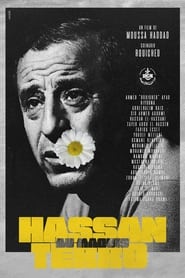detail profile mustapha preure
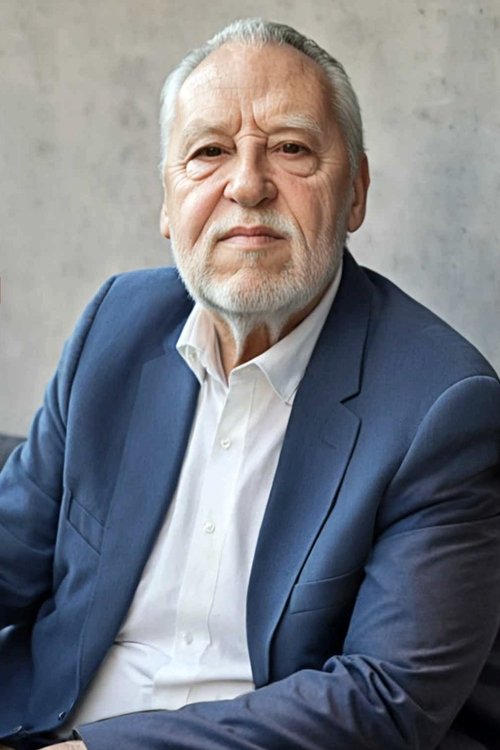
Mustapha Preure
مصطفى بريور
atau dikenal sebagai
Riwayat Hidup
Born in the Casbah of Algiers in 1935, Mustapha Preure (in arabic : مصطفى بريور) attended the Sarrouy school in Soustara, and when he was only 6 years old, he began practicing the 4th Art with the theater troupe "El Kotb" of the Pêcherie d'Alger, within the Algerian Muslim Scouts.
Some time later, he joined the troupe "El Manar El Djazaïri", then under the leadership of Mohamed Zinet and Réda Bastandji, and participated in several awareness tours across the national territory to support the armed revolution against French colonialism.
Also a percussionist and tar virtuoso, he left for Paris in 1953, after having been part of the orchestra directed by Mustapha Sahnoun, alongside renowned musicians, such as the violinist Mohamed Mokhtari and the flautist and composer Ahmed Malek.
In 1955, he participated in the World Youth Festival with Mahieddine Bachtarzi, Sid Ali Kouiret, Yahia Ben Mebrouk and other pioneering actors of Algerian theater.
Contacted in 1958 by the revolutionary and hero of the Battle of Algiers Osman Hadji known as Ramel, Mustapha Preure joined the ranks of the mujahideen and was imprisoned in El Harrach prison, then in Blida, until his release where he met El Hachemi Guerrouabi who became his best friend.
In 1962 in Oujda, he met the FLN troupe that came from Tunis, which he never left, starting at the TNA by being part of the Orchestra before taking care of the retransmission of several shows on Algerian Radio.
He will also contribute with big names, such as Mohamed Boudia, Mustapha Kateb, Taha El Amiri and others, to the nationalization of the Ex.
Opéra d'Alger, which then became the Algerian National Theater on January 8, 1963.
Mustapha Preure has to his credit more than 80 films, including about fifty television works and several dozen radio plays, including about a hundred readings of novels at the time of the late Mohamed Touri and Rouiched, among others, "Enness elli m'aâna" (Theater), "La nuit a peur du soleil", "Les portes du silence", "Chafika baâd El'likae" or even, "Le brocanteur" (soap opera) .
.
.
He will die in Algiers at the age of 87 from complications due to the Coronavirus (Covid-19).
Info Pribadi
Peran Yang Di Mainkan Mustapha Preure
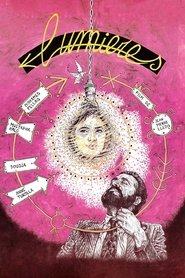 Long quest for a director specializing...
Long quest for a director specializing...Lumières 1989
Long quest for a director specializing in commissioned films, who after a depression rediscovers his loved ones, his Casbah district, himself. Taken in hand, for a while, by his Islamist neighbor, it is above all the meeting with an old projectionist giving him a censored history of cinema and Algeria, which helps him to change, and to accept his own fantasies, embodied by Marilyn Monroe and the Andalusian.
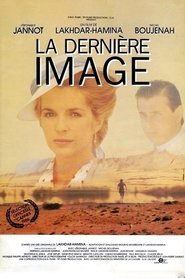 Seen through the filtered lens of...
Seen through the filtered lens of...Last Image 1986
Seen through the filtered lens of boyhood memories, award-winning director Mohamed Lakhdar-Hamina crafted this half-fictional, half-autobiographical account of a brief period in the history of an Algerian village. It is 1940, and the quiet town is ruled by French colonialists appointed by the Vichy government. Algerians are being called up for service in the Vichy military, and Jews in the village are in danger of deportation. A beautiful young schoolteacher named Claire Boyer (Veronique Jannot) arrives in town and turns every male head within miles, including 14-year-old Mouloud (Merwan Lakhdar-Hamina, the director's son). Simon Attal (Michel Boujenah), a fellow teacher and a Jew, is also attracted to Claire, and so is Mouloud's older brother. Suddenly two murders occur in the village, Simon is in danger of being deported, and the tone shifts from the dreams of boyhood to the realities of manhood.
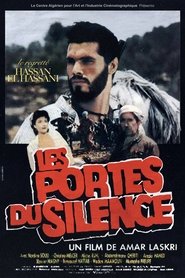 Directed by Amar Laskri
Directed by Amar Laskri